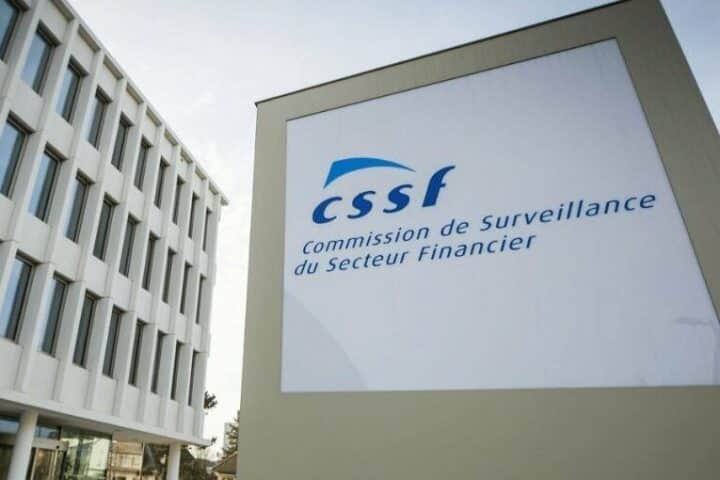Catherine Dion-Bourin leads Luxembourg’s fight against money laundering and terrorist financing. A director at the Ministry of Justice, she ensures rigorous international compliance thanks to her extensive experience and doctorate in European law. Interview.
What is the role of the national coordinator in combating money laundering and terrorist financing?
The national coordinator heads the committee for the prevention of money laundering and terrorist financing, a platform for collaboration among all stakeholders. This committee includes supervisory authorities like the CSSF, CAA, EAD, self-regulatory bodies such as notaries, lawyers, auditors, bailiffs, and the judiciary, police, customs, and several ministries including Finance, Justice, Foreign Affairs, Home Affairs, and the Economy. Additionally, representatives from the private sector, including ALCO, ABBL, ALFI, the Chamber of Commerce, and the Chamber of Crafts, participate, along with casino and free zone operators. Established in 2009, the committee’s primary task is to conduct national risk assessments, particularly relevant for Luxembourg as an international financial center. The goal is to ensure all participants comprehend the level of risk and implement suitable countermeasures. This coordination forms the backbone of Luxembourg’s National Strategy to Combat Money Laundering and the Financing of Terrorism, endorsed by the Council of Government biennially.
What are the implications for professionals legally required to prevent money laundering?
Professionals in Luxembourg are mandated to undertake thorough measures to identify, assess, and understand the risks associated with money laundering and terrorist financing. This includes applying enhanced customer due diligence, especially in high-risk scenarios. When professionals encounter suspicious situations or transactions, they must file a suspicious transaction report with the Financial Intelligence Unit (FIU). These reports undergo analysis by FIU specialists and may be forwarded to the public prosecutor for further investigation. The national AML/CFT framework demands vigilance and proactive measures from all professionals to ensure compliance and mitigate risks effectively. The framework’s robustness reflects Luxembourg’s commitment to maintaining a secure and transparent financial environment.
“When evaluated by the FATF, it is important to demonstrate the highest standards.”
What insights can you provide about the latest FATF evaluation of Luxembourg?
The Financial Action Task Force (FATF) released its mutual evaluation report on Luxembourg on 27 September 2023, marking the fourth round of such evaluations. Luxembourg’s previous evaluation dated back to 2010. This recent assessment places Luxembourg among the top-performing countries, highlighting the high quality of its AML/CFT arrangements. The FATF acknowledges Luxembourg’s significant level of technical compliance and the effective functioning of its AML/CFT regime. Achieving such a commendable evaluation requires not only comprehensive legislation but also practical implementation, which the FATF scrutinizes for effectiveness. Despite the favorable results, the FATF has issued recommendations to enhance the effectiveness of sanctions, noting that they are currently not stringent enough. Adhering to these recommendations will further fortify Luxembourg’s financial system against money laundering and terrorist financing threats.
What changes will the new AML/CFT measures adopted by the European Parliament and the Council bring?
Luxembourg’s current AML/CFT system, aligned with European legislation, will undergo adjustments to comply with the newly adopted European measures. The law of 12 November 2004 will be supplanted by new regulations directly applicable, introducing obligations concerning customer due diligence, cryptoassets, participative financing platforms, and the transparency of beneficial ownership. Following the Court of Justice’s ruling in November 2022 and the Sixth AML/CFT Directive, access to the beneficial ownership register will be granted to individuals with a legitimate interest, such as journalists and civil-society organizations, for AML/CFT-related inquiries. Additionally, a new regulation establishes the European Anti-Money Laundering Authority (AMLA), based in Frankfurt, with supervisory and investigative powers to ensure adherence to AML/CFT requirements. This authority will oversee certain credit and financial institutions based on their risk levels.



















